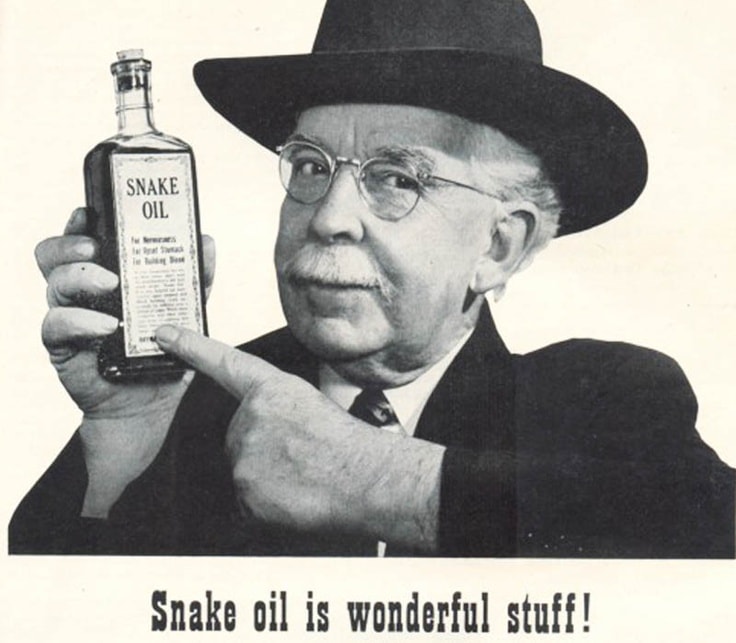Dry, stale, textbook-ey content isn’t the worst thing on the Internet. People yelling about politics in ALL CAPS on my Facebook wall is the worst thing on the Internet. But lifeless, boring content is a close second.
Whether it’s funny, endearing or anything in between, great content triggers an emotional response from readers because it is genuine and compelling. But contrived or exaggerated emotion is never a substitute for depth and quality. Failing to monitor the level of the emotion in your content can make you come off as insincere, disingenuous or fearful that your product can’t sell itself.
Don’t Use Scare Tactics to Play to People’s Fears
Is the shampoo you’re using right now killing your children? Find out at 11.
How many times have you heard a local television news teaser that sounds like the trailer for the latest horror movie? When you play to the fears of your audience and exaggerate what they’re facing, you lose credibility. Desperate politicians run scare ads with ominous voiceovers explaining that their opponent wants to release sex offenders from prison and give them a windowless van full of puppies and candy on the way out.
Keep in mind, no one trusts politicians.
Hopefully whatever you’re selling can help someone solve a problem. Definitely identify that problem so you can articulate why your product or service may be the solution. But the zombie apocalypse isn’t coming, and you shouldn’t try to scare people into thinking it is. They have a round hole. You have a round peg — just make the introduction.
Snake-Oil Salesmen Oversell
Used car salesmen get a bad rap — or maybe they get exactly the rap they deserve.
“She’s a beauty! Look at that Champagne exterior!”
“That’s just beige.”
“This baby is going to tell everyone else on the road that you’re not afraid to take risks.”
“An ’08 Camry? Yeah, I’m one step away from Evil Knievel.”
“She’s certified previously owned.”
“You mean used.”
When you hype something up, people feel like you’re insulting their intelligence, which they resent. Resentment makes checkbooks close very quickly. Authenticity builds trust.
Exaggerating the Problem Dilutes Confidence in the Solution
There is a commercial on television for a product called Flex Seal, which is a spray-on rubber sealant that you can use to fix cracks in things that should be watertight, like flower pots or vases.
To prove the magical power of their product, the salesman shoots a small fishing boat at point-blank range with a giant Civil War cannon until the bottom of the boat looks like Godzilla used it for a toothpick.
Cut to the next scene and — poof! The boat is floating in the water with the salesman on board holding a can of Flex Seal, which he assures us was used to patch up the mangled boat he just massacred with Napoleonic artillery.
His viewers have a puncture in a garden hose or a gap in their bathtub sealant, which I’m sure Flex Seal could fix brilliantly. But I don’t believe that spray-on rubber can mend damage from cannon fire, and when you claim that it can, it makes me suspicious of everything else.
People are smart.
They can see through dishonesty and they can smell tricks designed to play to their emotions. Great content triggers emotion from authentic, inspiring ideas and innovation, it doesn’t use emotion as a weapon.











